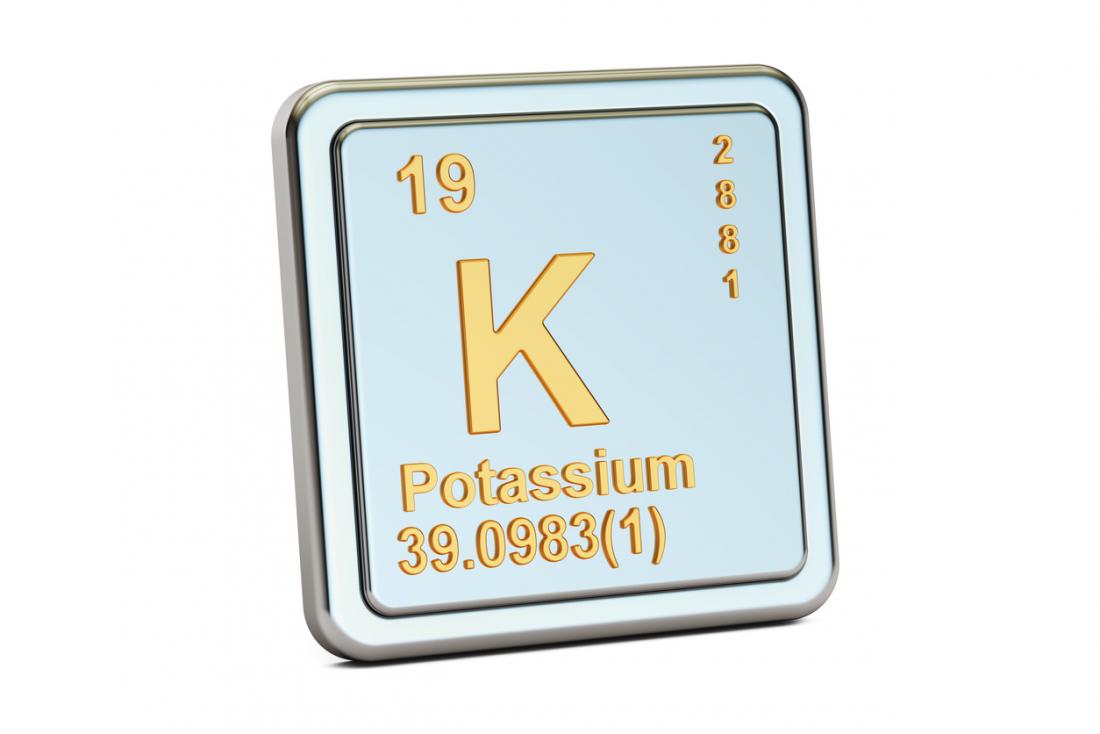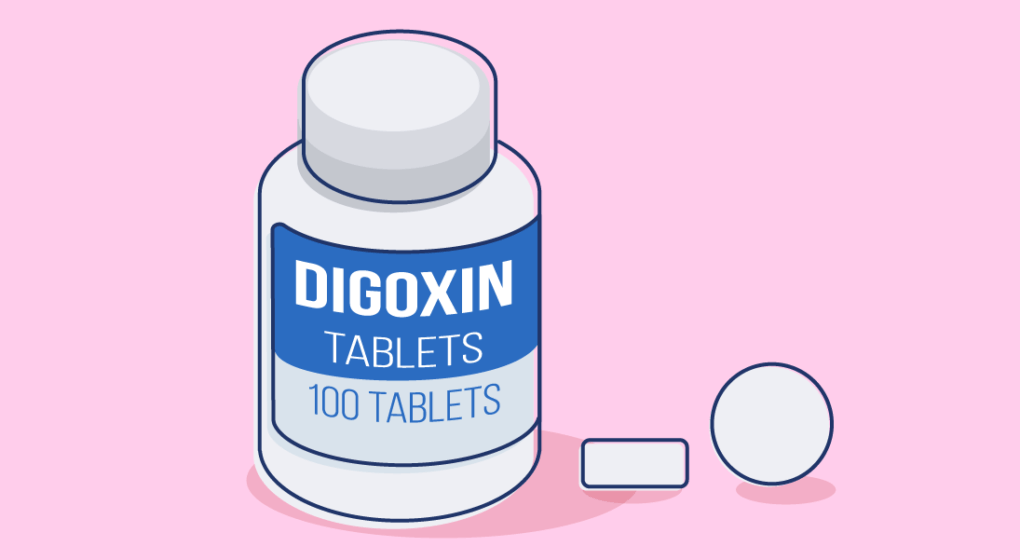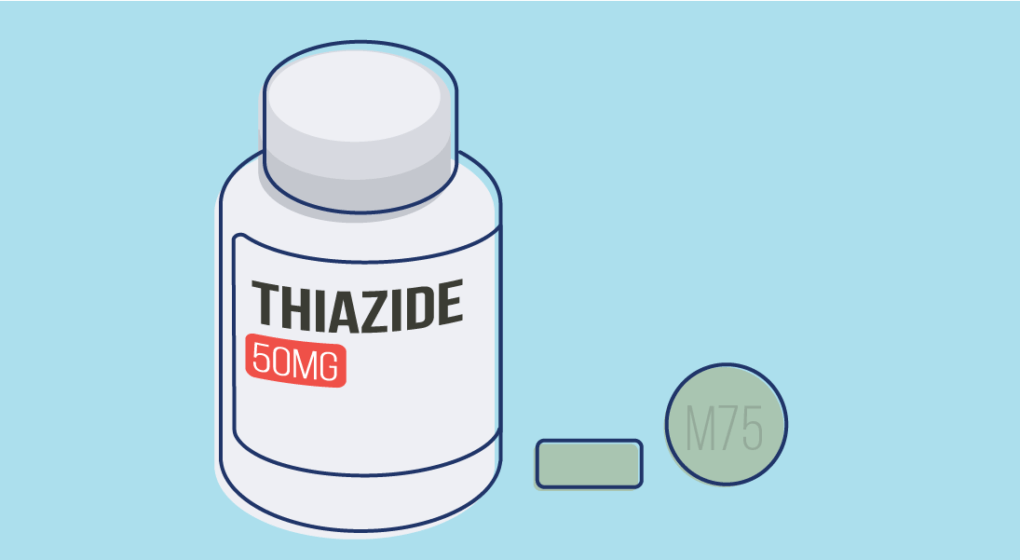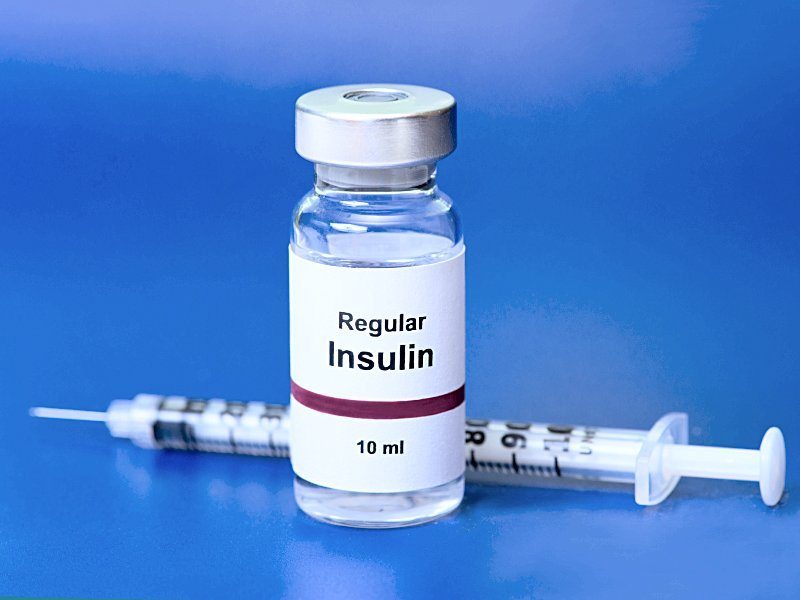Apple cider vinegar is amazing and it can be used to treat a variety of issues. But, even though it has the ability to treat many medical conditions, apple cider vinegar may harm your body if you use it while you are also taking certain medications. This mixture of apple cider vinegar and medication can cause some severe complications.
Apple cider vinegar has been shown to cause strange reactions when it is being used along with certain prescription medications, and this can sometimes resulting in catastrophic symptoms. Because apple cider vinegar has a tendency to decrease potassium levels in the body, it can have a negative reaction to the following medications:
Digoxin: This medicine, which is also sold under the name Lanoxin, is mainly used for heart issues. Because ACV can prevent the body from storing up enough potassium, this heightens the same trait in Digoxin. So, you might experience loose bowels, retching, dizziness, mood swings, and vision impairment if you mix the two.
Diuretics: Diuril, Thalitone, Lasix, and Microzide, for example, are often prescribed to treat bloating. These medications cause the body to release water. But, since potassium is vital for the balance of fluids in your body, consuming ACV along with these medicines will cause your body to deplete its potassium reserves much too fast.
Insulin: If you’re a diabetic who controls your blood sugar levels with insulin, please be careful and do not take apple cider vinegar. Although there is research that suggests ACV can help diabetics manage their glucose levels, it shouldn’t be taken by any diabetic who uses insulin. Taking insulin and apple cider vinegar at the same time can reduce glucose and potassium levels too much.
[Source/AWM]
Share this story to let your friends know about these dangerous combinations!













